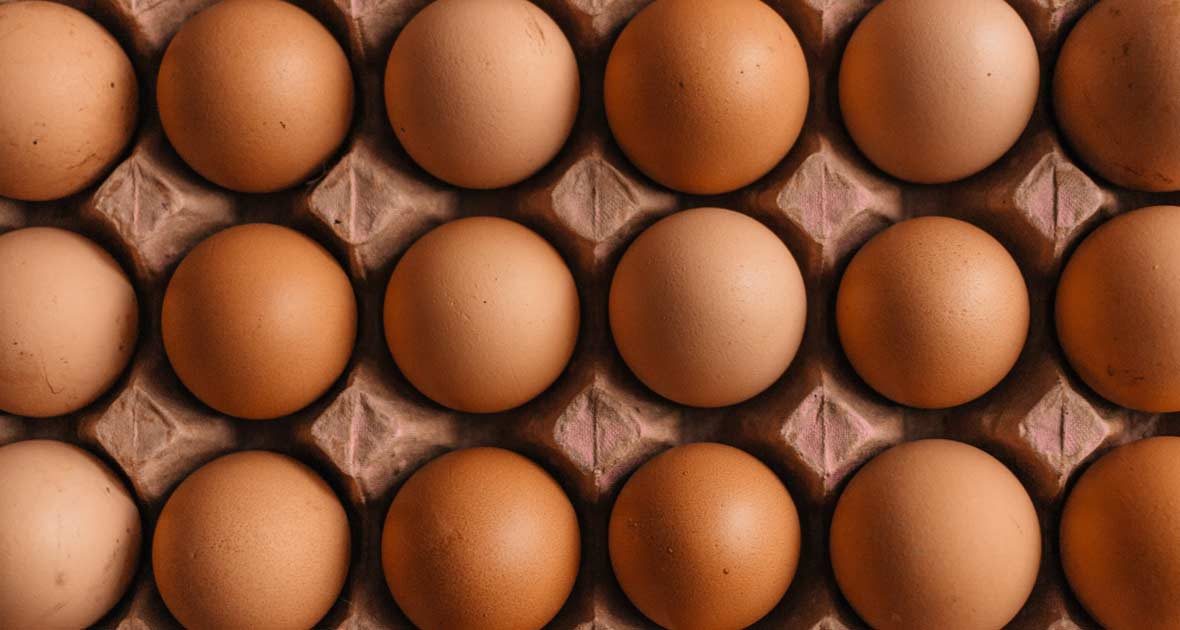A Short Reader for the Vernal Judeo-Christian Holidays
The excellent compendium, “What To Drink With What You Eat” is something no wine lover should be without. Organized alphabetically, it lists nearly every food imaginable and under each heading, it offers a thrillingly thorough list of pairable wines, with the very best ones bolded.
Under EGGS AND EGG-BASED DISHES (E.G. FRITATTAS, QUICHES, SPANISH TORTILLAS; SEE ALSO BREAKFAST/BRUNCH) the guide helpfully lists some subheadings, the first being IN GENERAL.
IN GENERAL: Champagne, esp. Blanc de Blancs and/or Dry is an excellent pairing with eggs.
Let’s face hard facts, people. The holidays of Easter and Passover are inextricably linked to each other by the lunar calendar, a convention that was established when the First Council of Nicae (c. 385 CE) decided that Easter should fall always fall on the first Sunday after the first full moon following the vernal equinox. That meant it would always fall near the full moon, which, in the lunar Hebrew calendar, would always coincide with the start of Passover on the 15th of the Hebrew month of Nissan.
Let’s face another hard fact. Jews and Christians alike are egg-crazy this time of year. Just bananas, folks. Eggs get painted. Eggs get boiled. You might hide an egg, you might bless an egg. Either way, if you’re Jewish, Christian, or following friends and family to a holiday gathering this weekend, you’re going to be literally just plowing through eggs at an unimaginable rate.
Eggs IN GENERAL pair well with Champagne, and IN GENERAL it just so happens that family gatherings also pair well withChampagne. Maybe egg-weekend is your favorite time of year and you love your family and you want a wine that screams to your neighbor, “My children decorate their Easter eggs with freaking gold leaf, Dave.” You could try something fruit-forward, bone-dry, and as high-pitched as your egg-hunting children, like Waris-Larmandier Brut ($59.99) or go with something equally elegant yet slightly less gold-leaf-y, like the humble and exquisite J. Laurens “La Matte” Brut Nature ($24.99).
Maybe eggs aren’t your thing. That’s OK, but this weekend is going to be hard for you. I’m sorry.
You might be attending multiple religious celebrations this weekend. If you attend a Passover Seder and an Easter meal, you will only be served ham at one. I don’t make the rules.
Under OMELETS, especially with ham, our pairing overlords suggest a Côtes du Rhône.
Ham goes well with a lighter Côtes du Rhône, as does lamb, which you could also be served, especially if your hosts are shopping at the France 44 Cheese Shop. You might want to try a fruity, Grenache-forward bottle like the Stephane Usseglio Ventoux ($17.99) or a darker, more herbal take like the Verquiere Vacquerays ($27.99). Either would go well with the ham, or the lamb, and maybe the eggs. Maybe there is no ham on your table, and you’re dealing with brisket instead. Don’t fear, there’s an answer for that, too: Galil Mountain Cabernet Sauvignon ($18.99). It’s everything you want from a food-friendly Cab–light-bodied, bursting with red fruit, and low in tannin. Also, it’s KOSHER.
Eggs are symbolic. Ancient pagan cultures associated the egg with springtime and rebirth, and in China, newborns are celebrated with red-dyed eggs, a sign of fertility. The great idea to use eggs in Passover and Easter celebrations (both of which have, like, a few themes about rebirth) seems to have been first thought-up by Jews and Christians living in proximity to one another in Medieval Germany. Maybe there was an egg-surplus or something. Idk.
In any case, another great idea to come out of Medieval Germany? Riesling. Riesling was a great idea. At the peak of wine production in Medieval Germany, around the year 1500, almost four times as much land was dedicated to viticulture compared to today. That’s a lot of Riesling, and, guess what! Riesling goes well with eggs (and ham, and lamb, and probably brisket, oh, and definitely charoset).
Julian Haart makes awesome Riesling in the Mosel region of Germany. His 1000L Riesling ($24.99) is fresh and crisp and filled with beautiful stone fruit and tart apple flavors that just make you think, gosh, why did we even bother with the eggs? New York isn’t Germany, but it also makes great Riesling, like the Red Tail Ridge Dry Riesling ($17.99) from the Finger Lakes, which is leaner than its Mosel counterpart, but still knocks home-runs on every food it is paired with. Heck, folks, we even have a Kosher Riesling from Israel, of all places. The Gilgal Riesling ($9.99) is well-made and easy-drinking, with a dose of bright, balanced sweetness that puts Manischewitz to shame.
According to my co-worker Stephanie, a blog post titled “Wine That Goes With Eggs” does not sound appetizing (file that away under “Why I should write my blog posts on a private computer”). But, dear readers, I’m here to tell you that Stephanie is wrong. Eggs are delicious, and so is wine. Eggs are versatile, illusory, magical orbs of fat and happiness that bind up cookies as well as families. Eggs bring us together at this time of the year where the snow has finally given way to tiny bits of green grass and purple flowers. Eggs keep children occupied at brunch and keep guests satiated during three-hour long Seder dinners. And, after the eggs are found or eaten, the dinner has been served, and the messy joy of family gatherings is fully upon us? Well, the wine is… helpful, to say the least.
By Sam Weisberg
